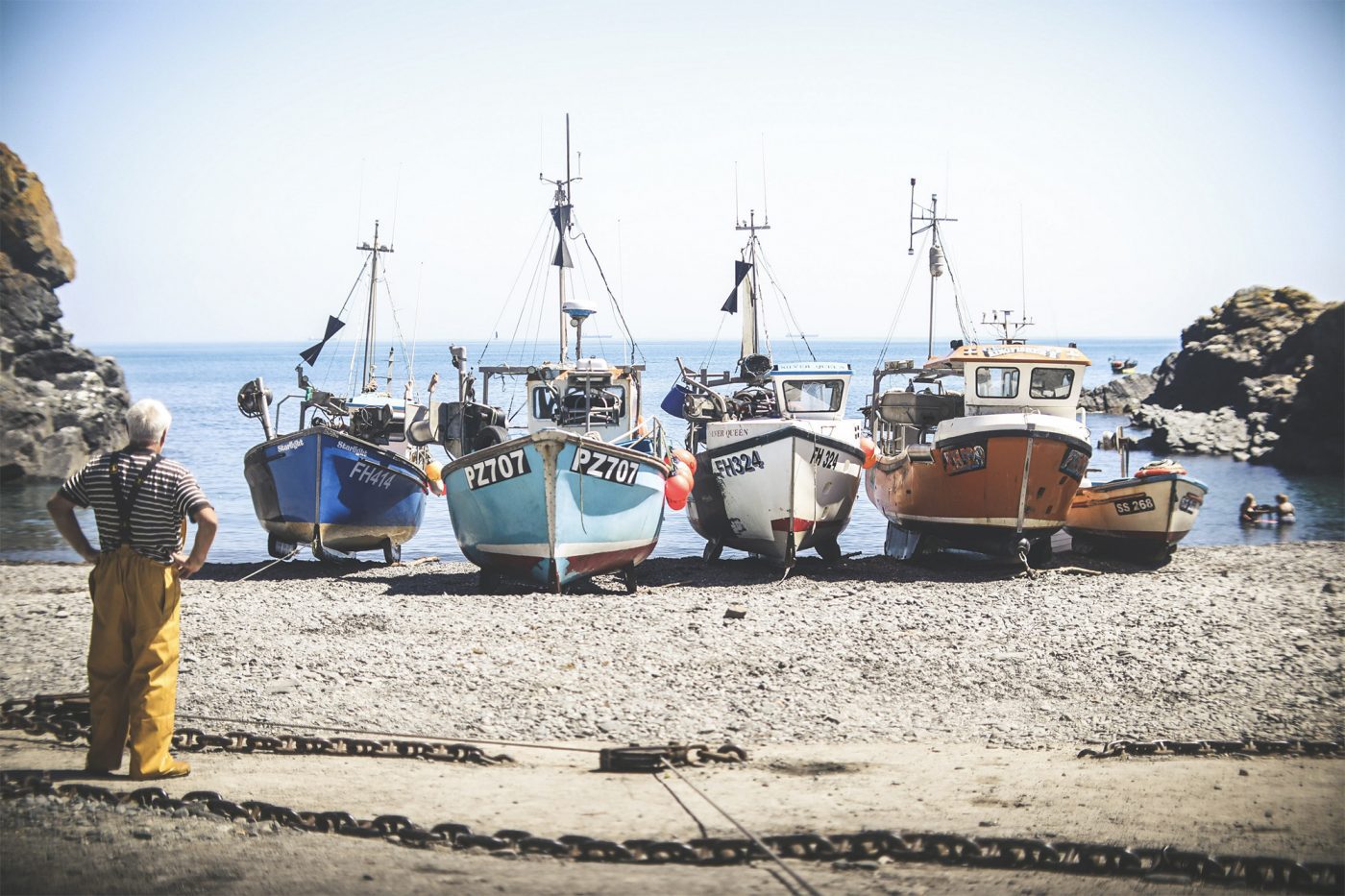24 April 2013
The World Wide Fund for Nature (WWF) is apparently considering withdrawing from the Regional Advisory Councils of which it is currently a member. This is a worrying development for a number of reasons.
We have had our issues in the past with WWF, when its Brussels European office has overridden the good work of their field officers in the RACs to make ill informed pronouncements on TACS and quotas. But within the RACs, WWF has earned respect for its consistently positive, constructive and informed contribution. The high calibre of its field officers has allowed the organisation to carry much more influence in shaping RAC advice than its numbers would suggest.
As well as playing its role as an NGO in challenging the fishing industry to step up to the mark on sustainability, WWF has played an important role in defining RAC approaches to long-term management plans, regionalisation of the CFP, the significance of an ecosystem approach and marine spatial planning to name but a few. Without this considered input, RACS will be poorer, just at a time when their role is about to be enhanced under the CFP reform.
We have no knowledge of WWF’s funding or the internal politics that may lie behind the decision to withdraw from the RACS. But what has become apparent is that there is now a large body of environmental NGO lobbying activity that takes place away from the formal consultative bodies aimed directly at the Commission and the European Parliament, with the aspiration of shaping the CFP from the top down. We have previously observed the breathtaking sums of money channelled through charitable foundations to secure such outcomes.
It may be that WWF has concluded it is more cost-effective to lobby the Commission directly and to target MEPs, than it is to work collaboratively with the fishing industry and other stakeholders, via the RACs. What we do know from experience however is that the bodies which choose to work outside the collaborative, RAC framework tend to have top-down mindsets which generate an adversarial atmosphere. Greenpeace have never made any secret of their contempt for working cooperatively and are much happier flinging poorly researched tirades from a distance – ultimately making no meaningful contribution. Even more thoughtful bodies, such as the Pew Foundation, carry a large office with many staff in Brussels, all working to influence the Commission and the European Parliament, yet staying well clear of the RACs, which by definition require stakeholders to engage with each other.
It seems to be a sign of the times that NGOs are putting their resources into lobbying the Commission and European Parliament as a more cost effective way of wielding influence – but this will directly undermine the collaborative stakeholder approach that lies at the heart of RACs.
The Commission in particular must ask itself some searching questions: has it, by providing regular access to environmental NGOs at a very high level, systematically undermined the RACs? After all, these NGOs do not maintain Brussels offices for fun. Apparently, at the same time that the fishing industry has increasingly shifted its representative efforts to the regional level, these NGOs have apparently built up their capacity to fill a vacuum in Brussels.
It may be that the focus on CFP reform has given Brussels lobbying more relevance, even though the reform itself leads to a decentralisation of the CFP and a greater emphasis on regional seas decisions. But the arrival of co-decision and the enhanced role of the European Parliament suggests something much less healthy – a new concentration of power and influence in Brussels.
If this materialises it will not be long before the fishing industry reconsiders its position and concludes that it too needs a stronger voice in Brussels – and we are back to where we started – a top down system of command and control that generates mountains of legislation but fails every test of good governance.

